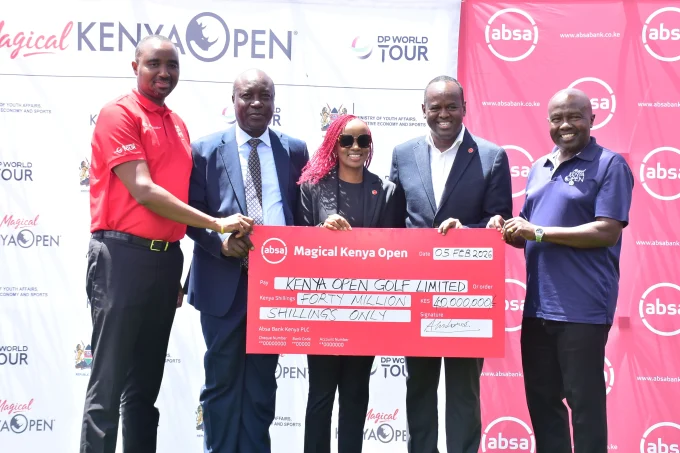CAP Youth Empowerment Institute (CAP YEI) and The MasterCard Foundation have announced a five-year, $10.5 million (Ksh1 billion) partnership to provide economically disadvantaged young people with technical and employability skills and support to access job opportunities or start small businesses.
Building on the success of CAP YEI’s Basic Employability Skills Training (BEST) model, this expanded partnership will provide skills training to 23,000 Kenyan youth and help them to secure employment opportunities or further education and training. The programme will reach an additional 39,000 youth through partnerships with 100 vocational training centres that will be supported to deliver market-based, demand-driven skills training across the country. The programme will also support 4,000 of the targeted youth to establish or grow micro-enterprises.
“The BEST model has become an important solution for youth seeking employment as well as employers seeking skilled workers,” said Mr Ndung’u Kahihu, Executive Director of CAP YEI. “The plan now, is to expand the programme in partnership with Government and other stakeholders so that it can enable more youth to participate positively in the social and economic development of Kenya.”
SEE ALSO >> How I turned my biking passion into millions
The partnership announcement was made at a two-day event hosted by CAP YEI, which brought together more than 200 participants, including experts from Kenya, USA, Canada and India to reflect on evidence and learning from the first phase of the program and discuss ways of improving and expanding the program in its second phase.
“This new partnership will contribute to a sustainable solution for youth employment in Kenya, reaching tens of thousands of youth with the critical skills they need to enter the workforce or start a small business,” said Karen Moore, Program Manager of Youth Livelihoods at The MasterCard Foundation. “In this way, it will support ongoing advancements of the technical and vocational education system in the country.”
The first phase of the project was launched in 2011 and has directly trained more than 9,000 Kenyan youth with technical and life-skills. More than 88 percent of these youth transitioned to jobs, created small businesses or enrolled in further education and training.


















































![Pula Co-Founders and Co-CEOs, Rose Goslinga & Thomas Njeru. Pula provides agricultural insurance and digital products to help smallholder farmers manage climate risks, improve farming practices and increase their incomes. [ Photo / Courtesy ]](https://businesstoday.co.ke/wp-content/uploads/2021/01/Pula-Co-Founders-and-Co-CEOs-Thomas-Njeru-Rose-Goslinga.jpg)




























































Leave a comment